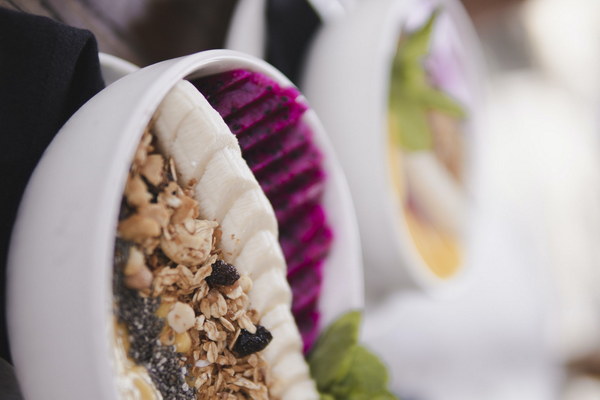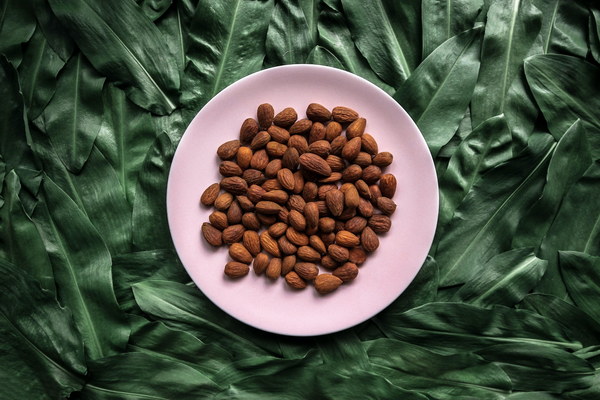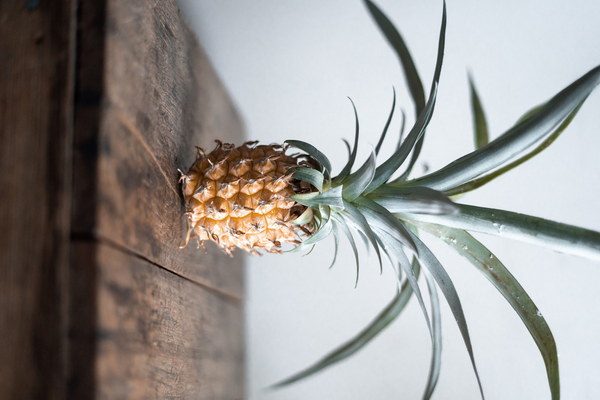Nourishing the Spleen Kidneys and Liver A Comprehensive Guide to Traditional Chinese Medicine
In Traditional Chinese Medicine (TCM), the health of the body is closely tied to the harmony and balance of its internal organs. Among these, the spleen, kidneys, and liver are considered vital for overall well-being. This article will delve into the significance of each organ, their interconnections, and provide practical advice on how to nourish and maintain their health through TCM principles.
The Spleen: The Center of Energy and Transformation
The spleen, known as Pi in Chinese, plays a crucial role in the body's transformation and transportation of nutrients. It is responsible for converting food into energy and ensuring that nutrients are distributed to other organs. A healthy spleen is essential for proper digestion, absorption, and assimilation of nutrients.
To nourish the spleen, one can incorporate the following practices:
1. Diet: Consume foods that are warm, moist, and nourishing, such as soups, stews, and porridge. Avoid cold, raw, and overly sweet foods that may overload the spleen.
2. Herbs: Herbs like Astragalus, Codonopsis, and Atractylodes can strengthen the spleen and improve digestion.
3. Acupuncture: Acupuncture points related to the spleen, such as SP6 (Spleen 6), can help alleviate symptoms of spleen weakness, like fatigue and bloating.
4. Lifestyle: Practice gentle exercise, such as tai chi or qi gong, to promote the flow of energy in the spleen. Also, avoid excessive stress, as it can weaken the spleen.

The Kidneys: The Foundation of Vitality
The kidneys, known as Shen in Chinese, are the root of life and are considered the most fundamental organ in TCM. They are responsible for storing essence, which is the essence of life and vitality. The kidneys also regulate growth, reproduction, and the balance of water in the body.
To nourish the kidneys, consider the following:
1. Diet: Consume foods that are warm, nourishing, and slightly salty, such as kidney beans, seaweed, and walnuts. Avoid cold, raw, and overly spicy foods that may harm the kidneys.
2. Herbs: Herbs like Epimedium, Cistanche, and Rehmannia can tonify the kidneys and enhance vitality.
3. Acupuncture: Acupuncture points related to the kidneys, such as BL23 (Bladder 23), can help alleviate symptoms of kidney weakness, such as fatigue, low back pain, and weakness.
4. Lifestyle: Get adequate rest and sleep, as the kidneys are most active during the hours of 11 pm to 1 am. Practice relaxation techniques, such as meditation or yoga, to reduce stress and promote kidney health.
The Liver: The Governor of Emotions and Blood
The liver, known as Gan in Chinese, is responsible for the smooth flow of blood and the regulation of emotions. A healthy liver ensures that blood circulates properly throughout the body and that emotions remain balanced.
To nourish the liver, consider the following:
1. Diet: Consume foods that are bitter, sweet, and sour, such as leafy greens, apples, and lemon. Avoid excessive consumption of fatty, fried, and spicy foods that may cause the liver to become overheated.
2. Herbs: Herbs like Bupleurum, Scutellaria, and Chrysanthemum can support liver function and alleviate emotional disturbances.
3. Acupuncture: Acupuncture points related to the liver, such as LR3 (Liver 3), can help regulate emotions and improve blood circulation.
4. Lifestyle: Practice stress-reducing activities, such as yoga, tai chi, or walking, to maintain emotional balance. Also, ensure proper rest and sleep, as the liver is most active during the hours of 1 am to 3 am.
In conclusion, nurturing the spleen, kidneys, and liver is essential for maintaining overall health and well-being. By incorporating TCM principles into daily life, individuals can promote harmony within their bodies and experience improved physical and mental health.









